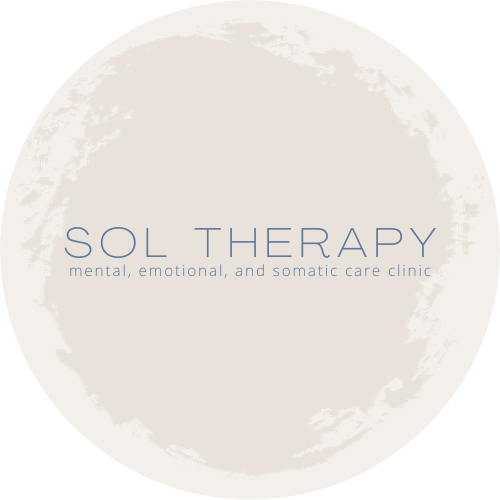Reparenting Ourselves: Cultivating Self-Agency and Owning Our Experience

Understanding the Complexity of Childhood Pain and Healing
Healing from childhood pain is deeply complex, especially when our parents may not have done their own healing work. This can make it difficult for them to fully understand or acknowledge the pain we carry. However, it’s crucial to recognize that their inability to validate our experiences doesn’t mean we deserved the pain or emotional neglect we experienced. What happened—or didn’t happen—was not justified, but often reflects their own limitations, unhealed wounds, or lack of resources. Their actions—or lack thereof—do not make our pain any less real or justified. It’s important to note that this isn’t about shifting blame onto our parents. While they may not have been able to provide the emotional support and safety we needed, many of us come from families where resources—whether emotional, mental, or practical—were simply not available or where unhealthy patterns were passed down through generations. Reparenting ourselves is about healing and nurturing ourselves, not blaming those who may have been limited in their capacity to care for us even when we needed them to. It’s a step toward reclaiming our own emotional well-being and our self-agency.
Reparenting: A Path to Self-Nurturing and Healing
In these moments, reparenting ourselves becomes an essential part of the healing journey. Reparenting isn’t about changing our parents or seeking them to validate our pain; it’s about recognizing what we needed and learning to give ourselves that care, validation, and compassion with the capacity and resources we now have. We can’t change the past, but we have the self-empowerment to nurture ourselves in ways that were missing. This process of self-nurturing doesn’t diminish the impact of what we’ve been through but empowers us to heal by taking responsibility for our emotional well-being, regardless of others’ capacity or willingness to meet us.
Healing Is Not About Erasing the Past
Reparenting doesn’t erase the pain we experienced, nor does it imply that we deserved what we went through. Our emotional needs were real, and they should have been met in ways that were nurturing and affirming. Reparenting is about acknowledging that those needs were not met, without minimizing the hurt, and stepping into a role of loving care that we may not have had in our childhood. Through this, we begin to heal and create space for our emotions, offering ourselves the kindness and validation we deserve, knowing we hold the power in our hands to create our own healing experience, even as we ebb and flow through life’s challenges.
Reclaiming Self-Agency in Our Healing Journey
Healing is not about blaming our parents, but rather understanding that they, too, were once children who may not have had the tools or capacity to give us what we needed, often due to their own unhealed wounds or limitations. While we cannot change their past actions, we now have the opportunity to care for ourselves in ways they could not. Our healing is not dependent on their growth or validation; it’s about learning to validate ourselves and offer the love and care we deserve. This is self-agency in its truest form—recognizing that we have the power to create the experiences we want, regardless of what has come before.
Reparenting ourselves doesn’t change what has happened. But it empowers us to begin healing from the pain we carry. It is an act of self-compassion and self-empowerment that redefines how we care for ourselves, fostering emotional safety, resilience, and healing. By embracing our own power to nurture ourselves, we break free from the cycle of waiting for others to meet our needs, reclaiming our agency and healing from within. In doing so, we open the door to a future where we hold the power to create a more fulfilling, authentic experience of life.
Image: Freepik
